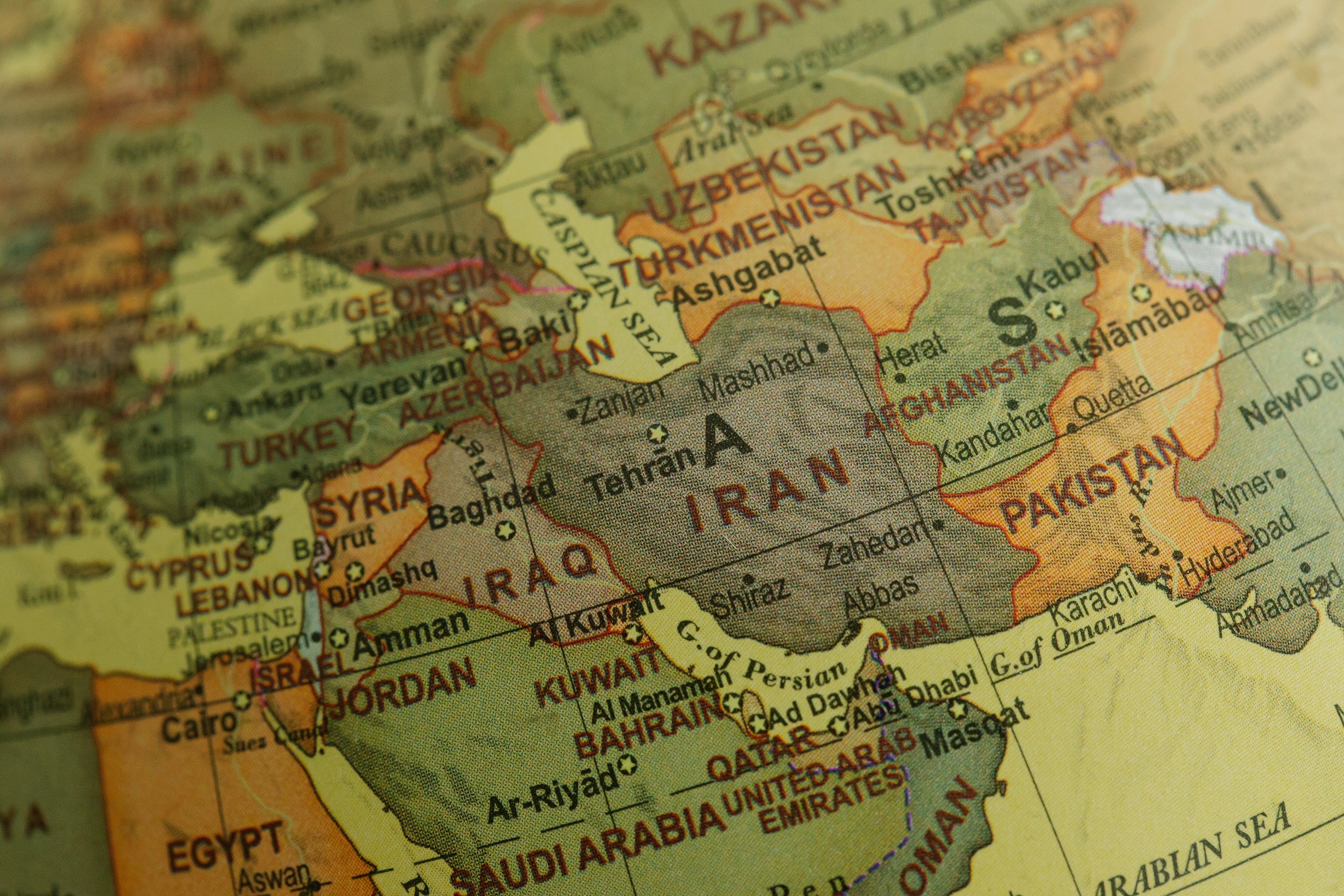On Saturday 07 October, Hamas – widely considered a terrorist organisation by the West – launched a surprise, large-scale attack on Israel. The insurgents kidnapped and killed both military persons and civilians. Many hostages have yet to be released.
While Israel is a relatively small country (both in terms of land mass and the size of its economy), there were fluctuations in global asset prices when financial markets re-opened. There has since been further volatility as the situation has developed.
If you are unsure whether your investment portfolio might be affected by global events, please arrange a free initial meeting with one of our experienced and highly-qualified advisers. They can review your portfolio to consider factors such as level of diversification between countries and industries, and recommend any potentially suitable changes.
You can book a meeting by calling 01642 477758 or using our Contact Us page.
In this post, I will set out some of the key reasons why global financial markets are paying close attention to what happens next. Of course, our deepest sympathies go out to all the innocent civilians who have been caught up in this latest conflict.
Iran’s Role
“Whoever controls oil controls much more than oil.”
– John McCain
Neither Palestine nor Israel are oil producers or refiners, yet oil prices initially leaped around 4.5% following the series of attacks. This has been attributed to Iran’s alleged role in backing Hamas. While Iran has publicly supported the attacks, it has officially denied involvement in their planning or execution. However, a spokesman for Hamas claimed direct involvement by Iran.
Iran is a major oil producer and it supplies around 3% of worldwide oil production. Iran’s oil exports are subject to sanctions set by the US and, while these limits have been breached already in 2023, the US has chosen to turn a blind eye – so far.
Israel is a vital Middle Eastern ally for the US. The US supplies it with modern military technology and it is keen to protect and enhance Israel’s interests. It is possible Iran’s backing of the attack on Israel could be met by the US enforcing, or increasing, its sanctions on Iran.
Supply Issues
Any reduction in Iran’s supply of oil would have an immediate impact on oil prices. In fact, a reduction in supply is why prices at the pump have risen in recent months – Saudi Arabia deliberately cut its production in order to force up the price of oil and enhance its revenue stream. The US attempted to counter this by releasing oil from its strategic reserves, but this had little impact.
Iran also has a trump card up its sleeve: when it was previously faced with the threat of tighter sanctions, it threatened to cut off the Strait of Hormuz. This is a major shipping lane for the Middle Eastern oil supply – not just for Iran but for Saudi Arabia, Iraq, the UAE, and Kuwait. It is estimated around one-quarter of global oil consumption passes through the Strait.
Any threat – perceived or otherwise – to create a choke point would undoubtedly cause a major fall in oil supply and a commensurate surge in oil prices.
This said, it is currently considered unlikely that Iran would threaten its own future economic prospects for the sake of hurting Israel. In October 2022, the World Bank wrote “Iran ranks second in the world for natural gas reserves and fourth for proven crude oil reserves. While relatively diversified for an oil exporting country, economic activity and government revenues still rely on oil revenues…In the medium term, [economic] growth is expected to be modest if economic sanctions remain in place. Weaker global demand and new competition from Russian discounted oil exports to China are expected to moderate Iran’s oil sector expansion…the projected growth outlook could be significantly stronger if economic sanctions were to be removed.”
Safe Havens Largely Unaffected
In the investment world, there are several assets which are colloquially referred to as “safe havens”. This is a misleading term, because these assets are not “safe” in the traditional sense (given their value goes up and down regularly), but they tend to rise in value when there is heightened volatility or conflict around the world.
Safe havens often include US government debt, gold, the US dollar, the Swiss Franc, and the Japanese Yen.
So far, none of these assets have exhibited a surge in demand/price. The gold price has experienced the biggest rise but it is still only at a level last seen in July 2023. This suggests the world does not believe the Gaza-Israel conflict will have a material impact on oil supply or the global economy.
Restraint Urged
The financial markets’ assumption the world will not experience fallout from this conflict is based on the somewhat tempered responses of other key countries.
For example, while the US has supported Israel’s right to defend itself, it has also urged Israel to show restraint. Iran has issued vague threats about Israel’s planned ground invasion of Gaza, but it has not followed through with any material actions. And, most importantly, while Israel has dropped tonnes of ordnance on Gaza, its ground invasion has been minimal to date.
There is still a glimmer of hope for an outcome which minimises military involvement. This could come in the form of a large-scale hostage/prisoner release, in exchange for a cessation of attacks from both sides. Of course, the situation remains highly volatile and fluid.

